 Master the Scholarship Interview Process
Master the Scholarship Interview Process
The scholarship interview is similar and should be treated as a job interview. Though not all scholarship applications include an interview portion, you should be ready for a scholarship interview if the need arises.
While most of the selection process for a scholarship is focused on evaluating the application and not the applicant, the sponsor gets to evaluate you directly during the scholarship interview. It is their one opportunity to ask you questions and talk to you in person in getting to know you as a scholar.
The following are some tried and tested scholarship interview skills techniques that if followed, will help you conquer your scholarship interviews.
- Practice. Ask your family and friends to help you practice for your scholarship interview by staging mock interviews. This will help you become familiar with the interviewing process, making you less nervous during the actual interviews. Think of the interview as being a conversation, not a confrontation.
- Good questions for practice interviews include questions about your background, academic achievements, hobbies and extracurricular activities, academic and career goals, your upbringing and values, and any notable awards and activities. Call us, if needs be and we can also be of assistance.
- Be punctual. Do not arrive late for an interview. Try to arrive a few minutes early for the scholarship interview. This allows you to gather yourself, find parking and give you time for final preparations.
- Dress for Success. Wear semi-formal business attire, such as a suit and tie, to your interview. If you wear a t-shirt and jeans, you won’t win the scholarship. If you don’t have a suit, wear conservative clothing, such as a sweater or dress shirt. Wear a clean shirt and shoes.
- Be decisive. When answering questions about why you chose a particular major, do not mention if you were uncertain about your choice. If you are wishy washy, the selection committee will wonder whether you will complete the degree. The scholarship sponsor wants to support students who will graduate with a degree in a particular major, not students who may switch to another major or drop out entirely midway through the program.
- Be relevant. When an interviewer asks you to “tell me about yourself”, they don’t want to hear your life history and how you like vanilla ice cream. Instead, tell him or her about your relevant background and qualifications for the award. Everything you write in your application and everything you say should be directed, as much as possible, toward answering why you are the best candidate for the award. Be concise in your answers; do not ramble.
[READ: WKPP Scholarship Opportunity from the West Kingston Power Partners]
- Be positive. Try to avoid being negative, as that will prime the interviewer to write a negative assessment of your interview. The only exception is when you don’t know the answer to a question. Either say “I don’t know” or ask for a clarification. Do not dwell on the question, and do not try to finesse your way through the answer. A short “I don’t know” will allow the interview to move on to other topics.
- Be polite. Use all the good manners your mother taught you. Introduce yourself with a firm handshake. Say “thank you” and “please.” Be neat and tidy. Make eye contact. Do not chew gum or smoke. Sit up straight in your chair and do not slouch. Do not bite or chew your nails. Thank the interviewer after the interview is over.
- Expect the unexpected. Some interviewers ask unusual questions or do strange things simply to see how you will react. It is ok to pause to think before answering any question, so long as the pause is short.
- Prepare your own questions. Come prepared with a question or two of your own, but do not ask a question that is already answered by the application materials. You can now master your scholarship interview skills!



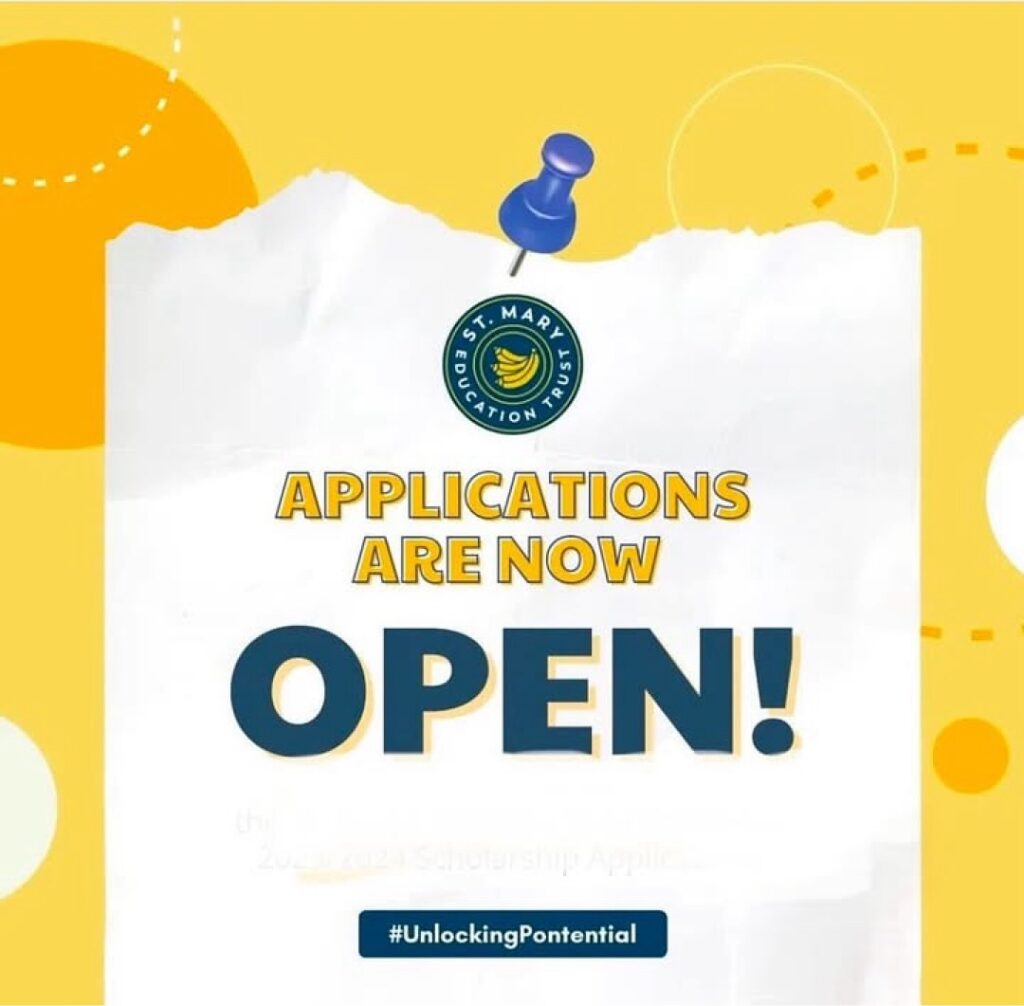

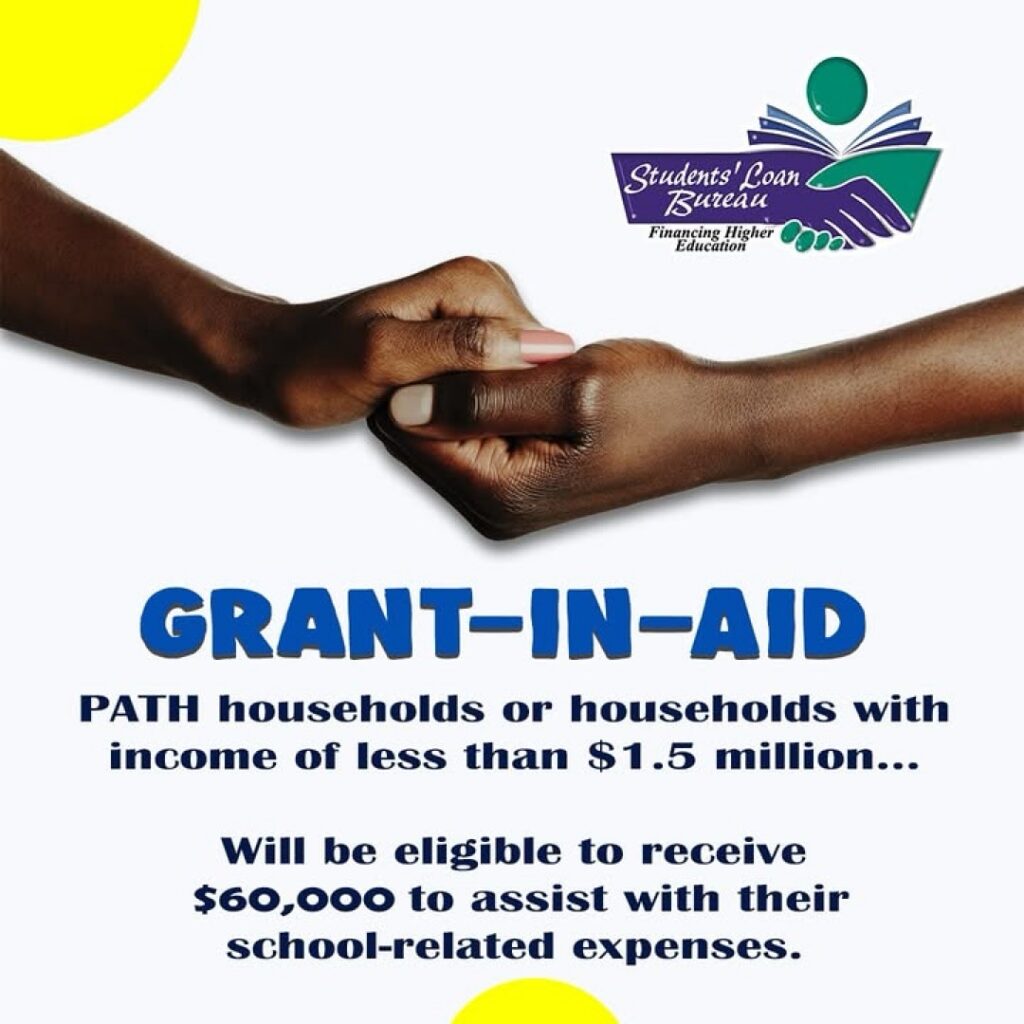
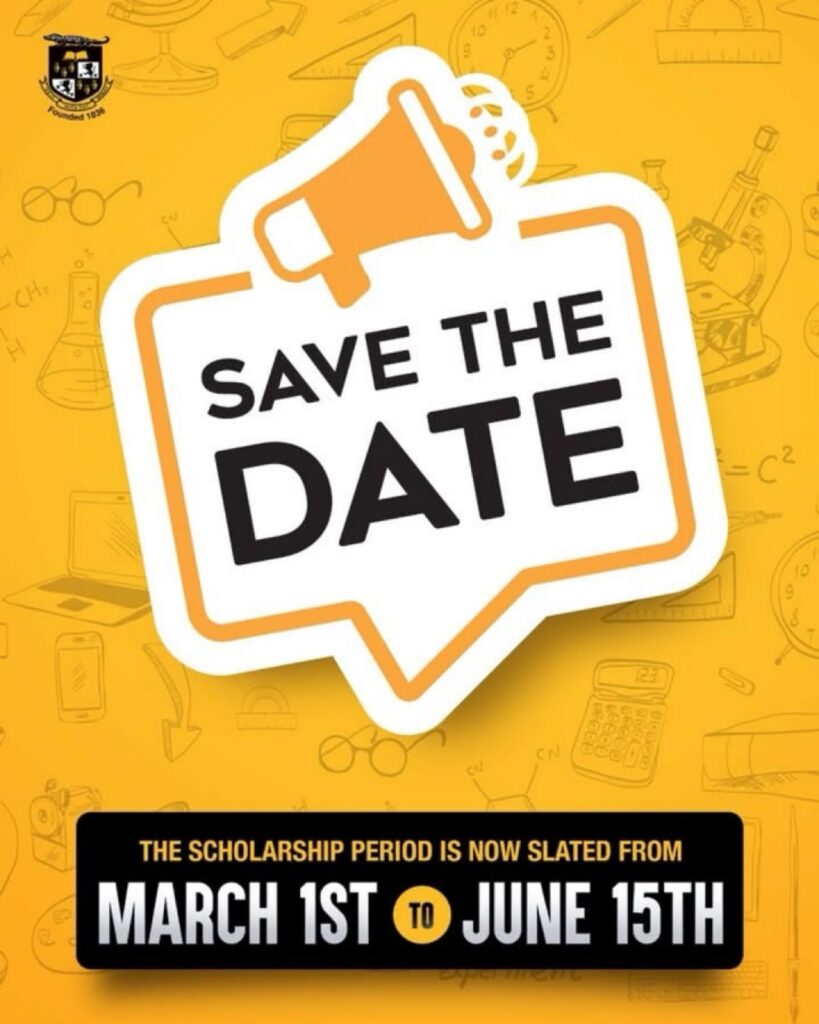


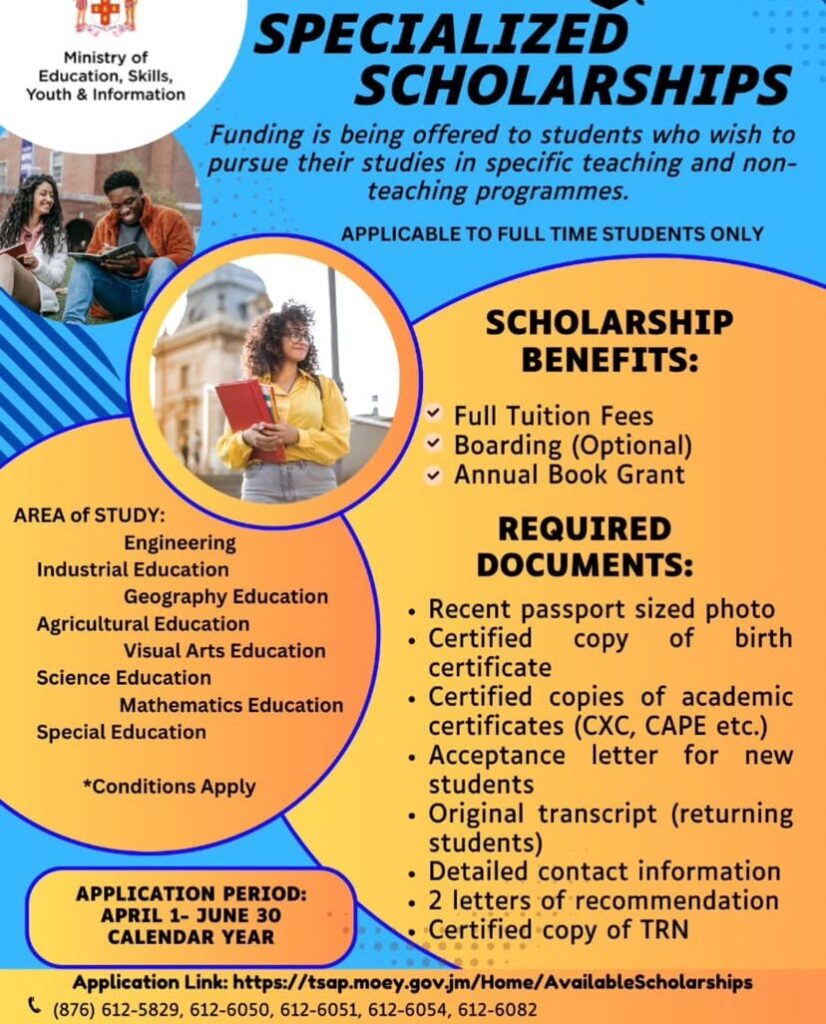
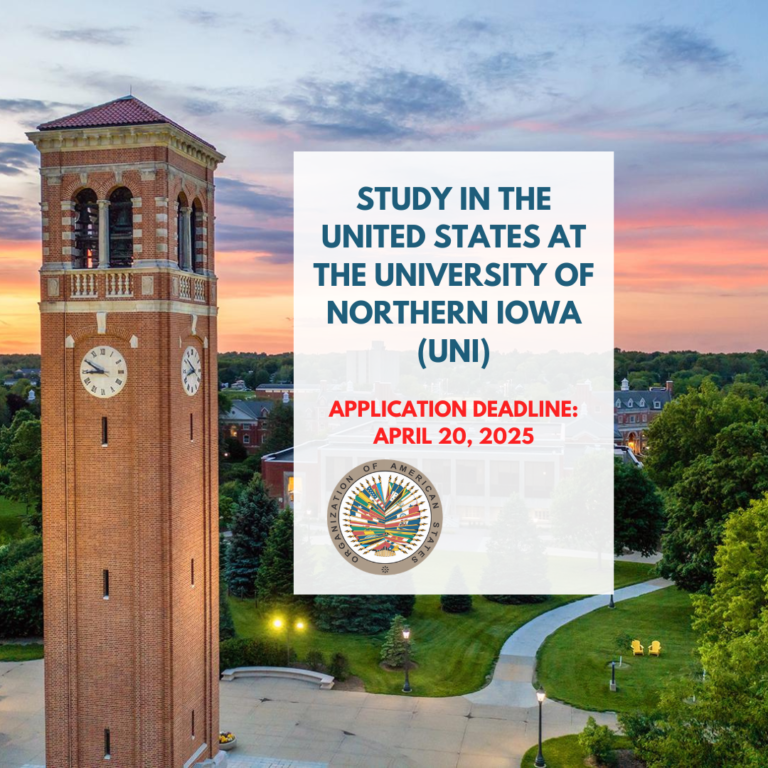

Comments are closed